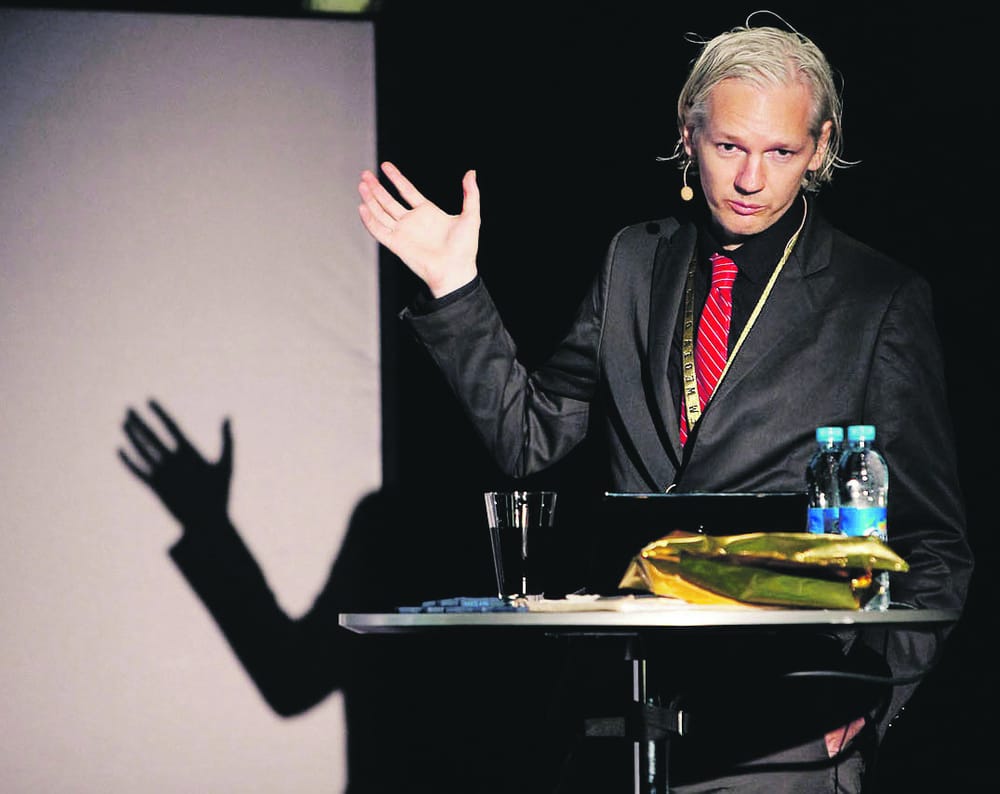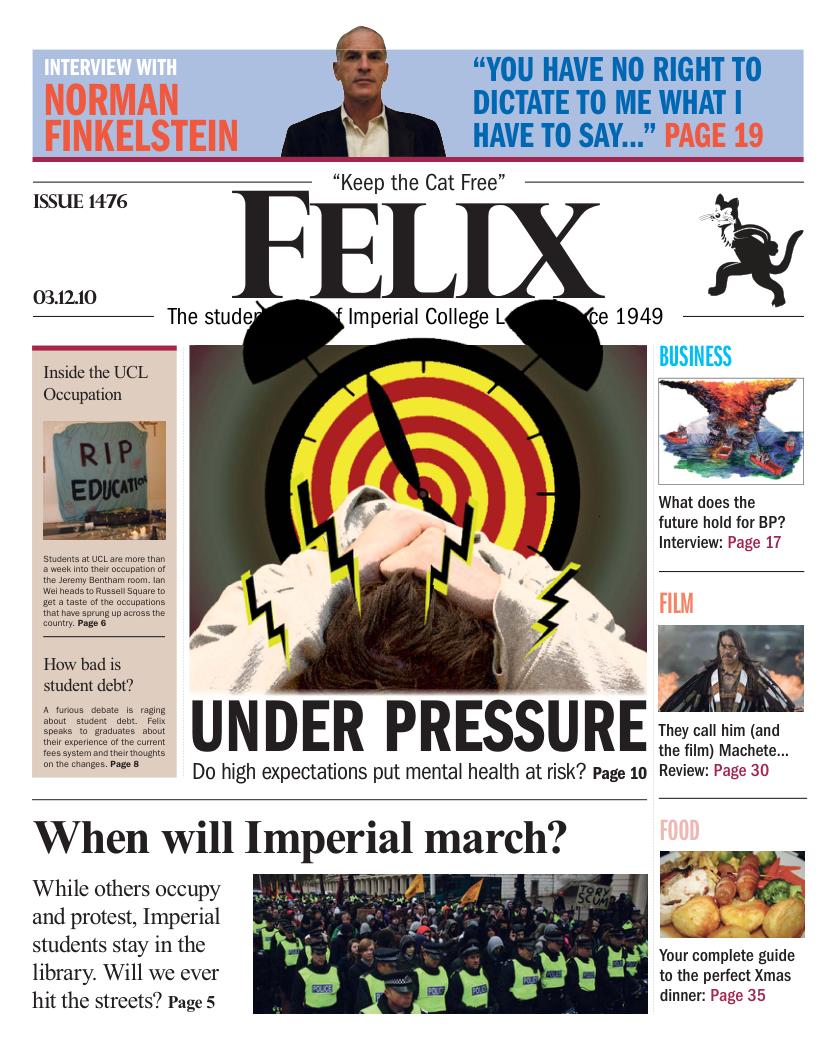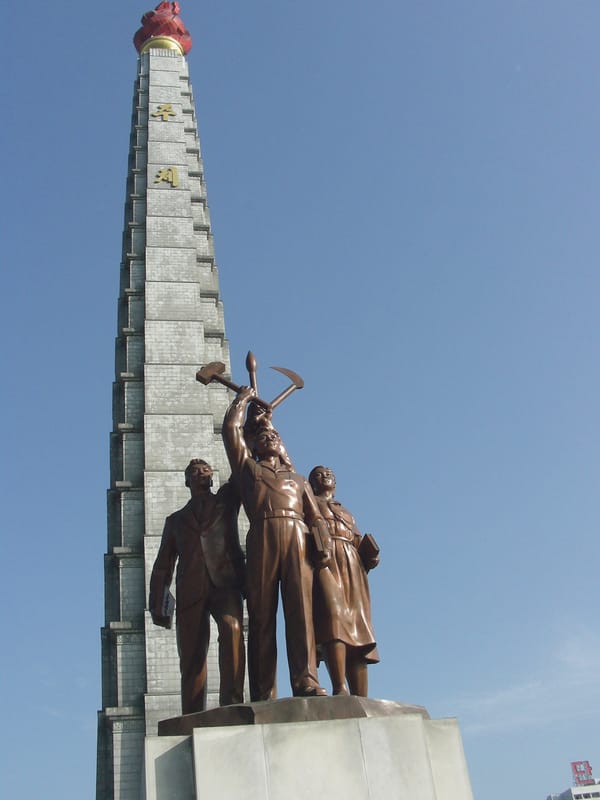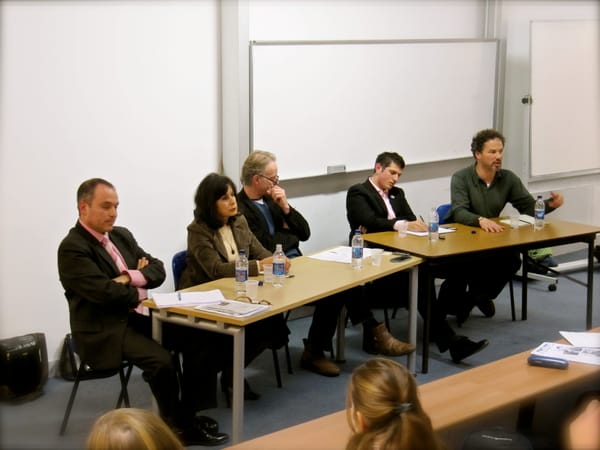Washington, we have a problem
Washington, we have a problem

Wikileaks strikes once again and this time it draws blood from not just the U.S. Wikileaks is releasing up to 251,287 confidential US embassy cables and the cables reveal “lying, corrupt, murderous leaderships from Bahrain to Brazil”, Wikileaks figurehead Julian Assange declared in an email. The leaked cables were boasted to be 7 times larger than the leaked Iraq logs in October. Wikileaks plan to release them over the next few months and as of writing, 598 have been released. The US has been warning countries around the world to brace for the leak, according to the summary on Wikileaks’ Cablegate website.
Beijing and Pyongyang may not be as cosy as it was once assumed, with Beijing’s reluctance to rein in its communist partner for the recent transgressions against South Korea and its hawkish flirtation with war. The leaked cables revealed that Beijing described Kim Jong-il’s dictatorship as a ‘spoilt child’. Amidst the silence Beijing keeps on the terrorist acts of its official ally, Beijing sees the North as an unstable variable in its region and is ready for a North Korea without Kim and a unification with the South. However it was also revealed that China mounted hacking attacks against Google, the Dalai Lama and western government computers.
“Cut off the head of the snake”, urged Saudi Arabia’s King Abdullah to the United States, as King Abdullah together with his foreign minister and Princes agreed that the Arab country needs to cooperate with the US to curb the rising influence of Iran in the region. Saudi Arabia also implied that it is willing to host the deployment of US nuclear weapons to prevent Iran from becoming a nuclear power. The crown prince of Abu Dhabi also likened Ahmadinejad to Hitler.
Brazil has been accused of covering up the scope of terrorist threat in Brazil by giving narcotic instead of terrorism charges.
No. 10 has been alerted by The White House on the critical nature of some of the leaked cables regarding the Conservatives prior to their election. Mervyn King was reported to have described David Cameron and George Osborne as not grasping the pressure they will face from various groups on their plan for spending cuts (prophetically foreshadowing the student protests perhaps?). King also criticised both Cameron and Osborne as lacking in depth beyond seeking strategies that improved the Tories’ election chance. Mr Cameron was also quoted as being critical of the British Pakistani community: “we let in a lot of crazies and did not wake up early enough” in a 2009 cable. No surprise seeing that Liam Fox declared that the Tories’ were less reliant on British Pakistani votes.
The U.S. blames the acquisition of the confidential documents on the widespread access to their Secret Internet Protocol Router Network (Siprnet). Siprnet’s scope of access was widened post-9/11 to enable more efficient collaboration of information between intelligence analysts, diplomats and security agents in hope of preventing another 9/11 style attack. However, The Times estimated that the access was so widespread that up to 2.5 million persons had access to the network, one of them junior intelligence analyst Private Bradley Manning, who downloaded the confidential cable data into an erased Lady Gaga CD.
Some of the revelations were of an outrageous or comical nature. Conservative research thought that the public found then shadow chancellor Osborne to be lacking “gravitas” due to his high-pitched delivery. US ambassador Louis Susman tried to evade VAT on the new US embassy building but was denied by Alistair Darling. Muammar Gaddafi was revealed to have a phobia of flying over open waters and is unable to climb more than 36 steps. Nicolas Sarkozy was dubbed “emperor with no clothes”.
Though the impact of the leak is irreversible, Politico thinks that the leak reveals nothing “ugly or surprising” as it merely shows “diplomats doing their proper jobs”. Even as many of the cables involved damning US criticism of other national leaders, Robert Gates, the US Defence Secretary argued that the diplomatic relationship with many countries would nevertheless “survive” as the “US is the indispensable nation”.








